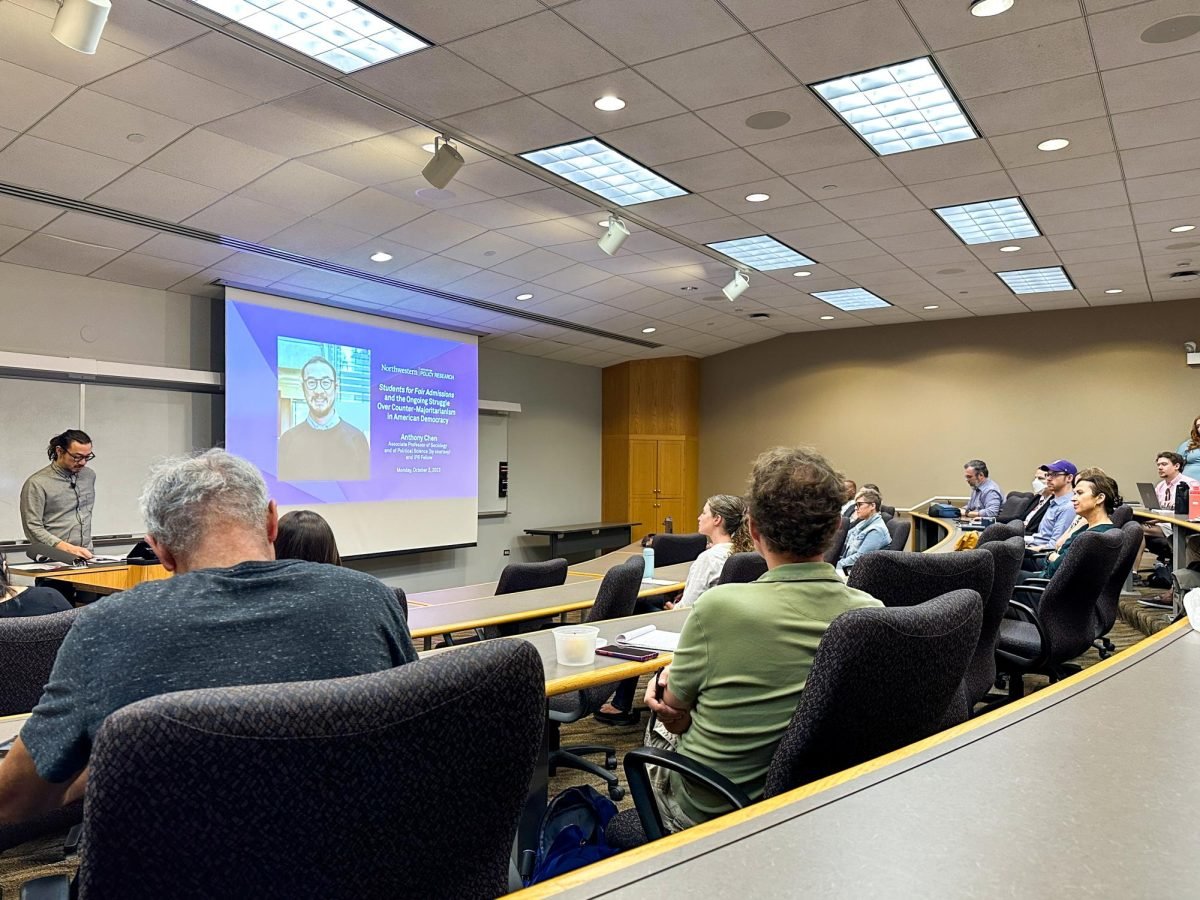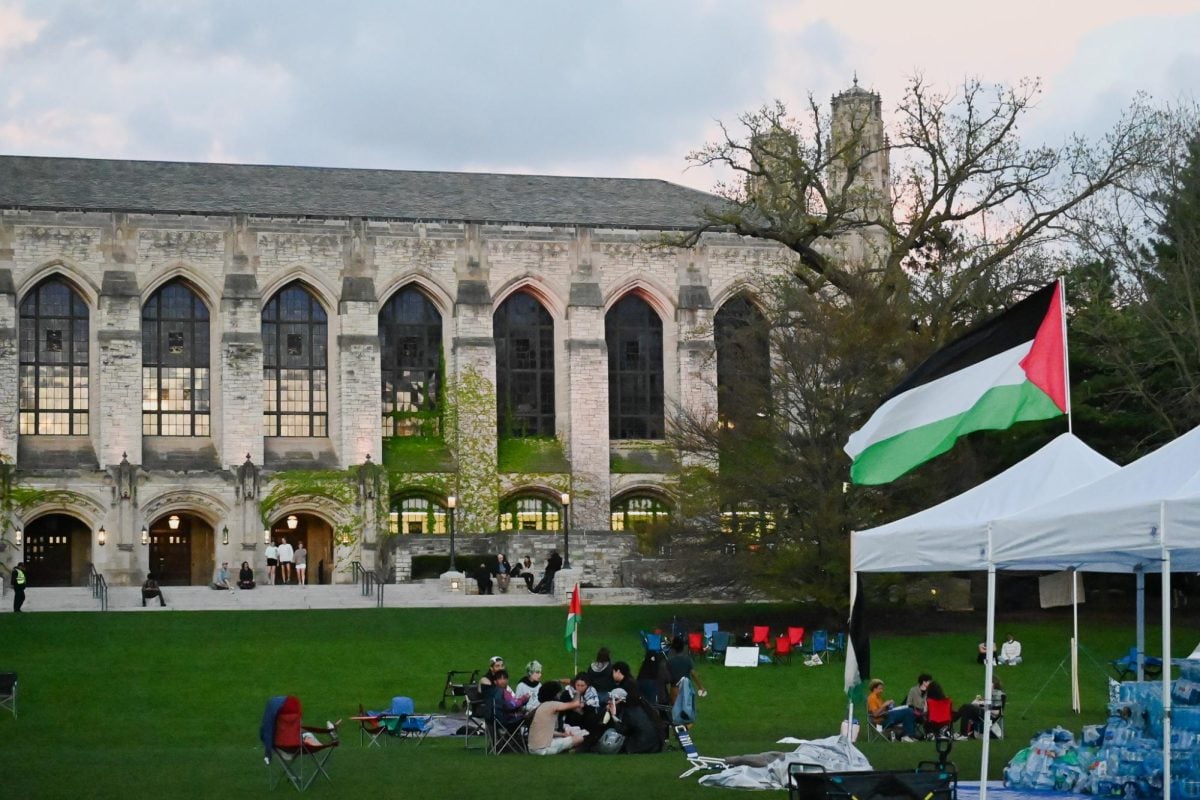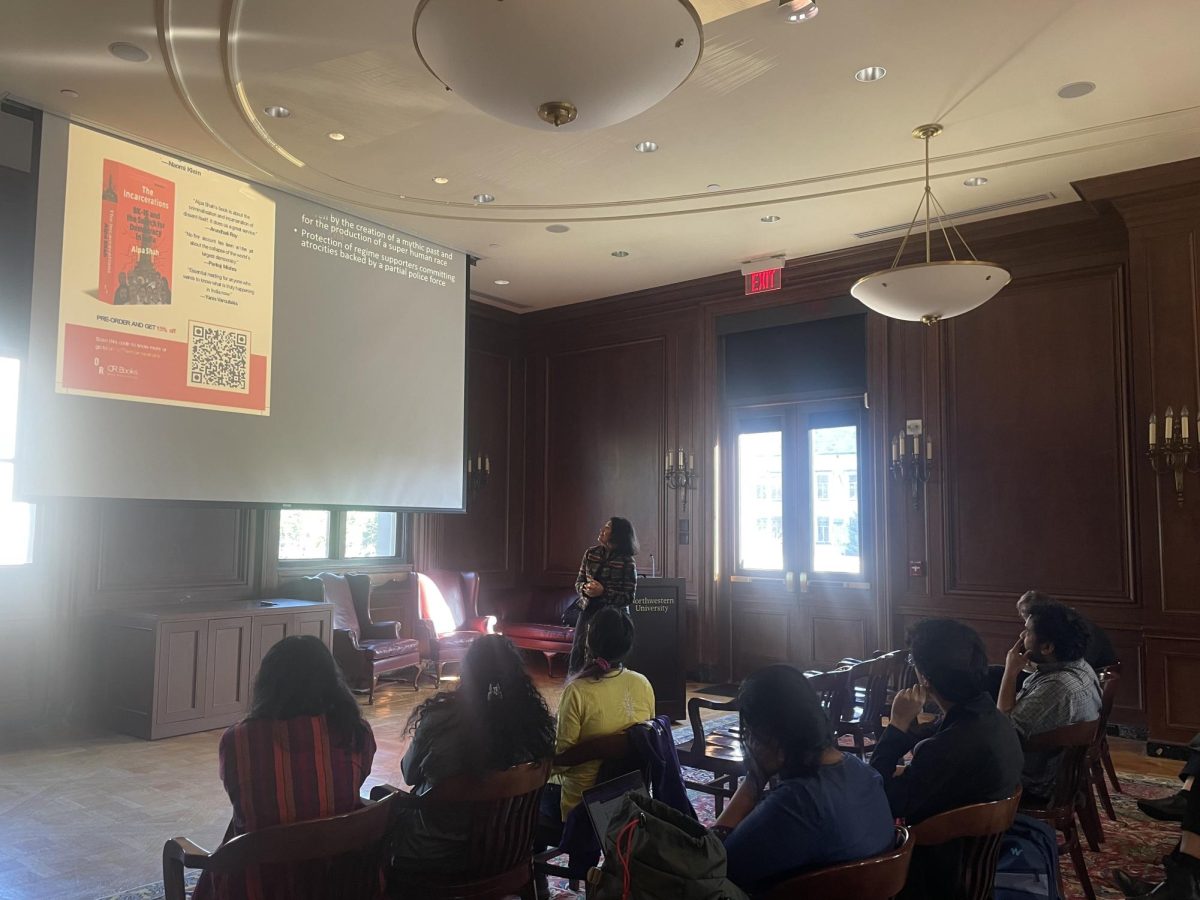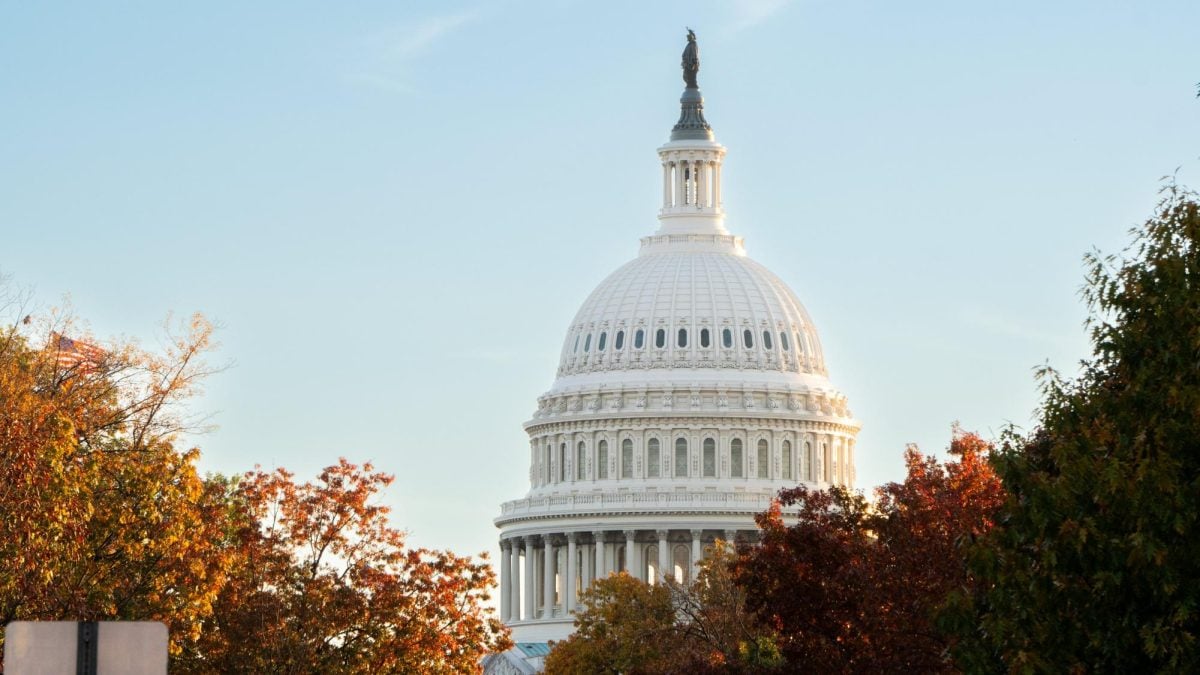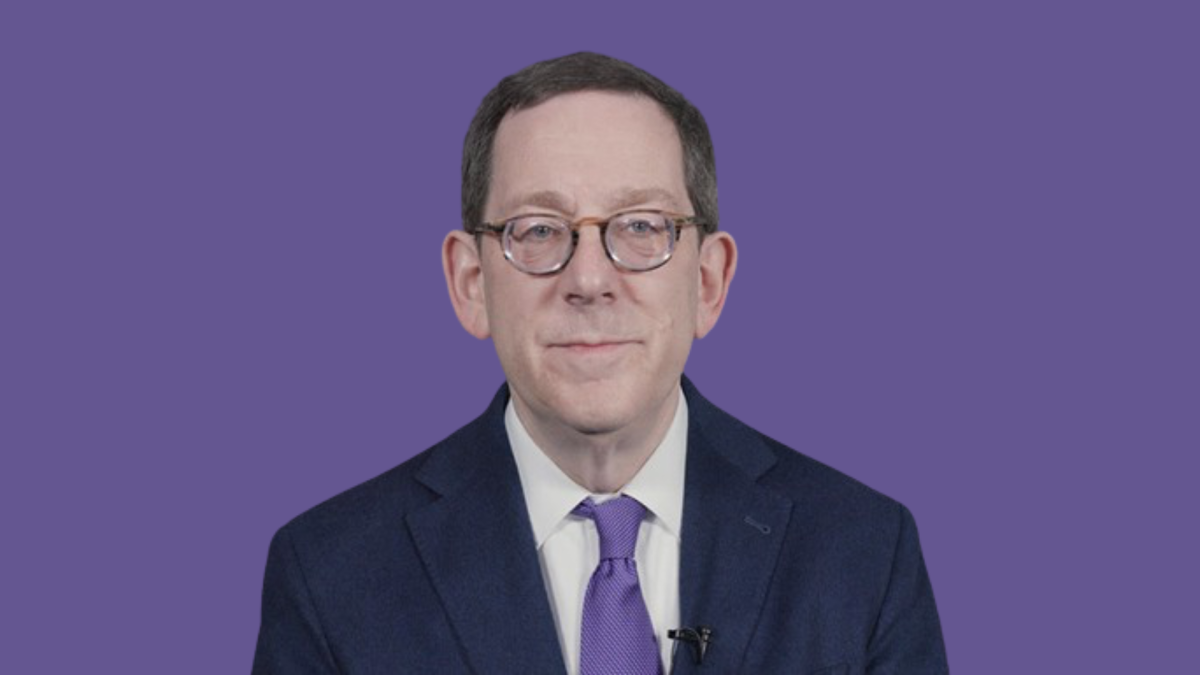Sociology and political science Prof. Anthony Chen kicked off the Institute for Policy Research’s Fay Lomax Cook fall colloquium series with a talk Monday.
In the discussion, he contextualized the June U.S. Supreme Court decision: Students for Fair Admissions v. President and Fellows of Harvard College. He said the decision reflects the counter-majoritarian difficulty ― unelected institutions like judges or courts making decisions that go against the popular will.
Authored by Chief Justice John Roberts, the 2023 case concluded that Harvard’s and University of North Carolina at Chapel Hill’s admissions programs violated the Equal Protection Clause of the Fourteenth Amendment.
“SFFA made it clear that applicants could still discuss their racial backgrounds in application essays, but took pains to indicate that only the individual qualities that were believed to have developed out of racial experiences could be weighed in the admissions process,” Chen said.
IPR fellow and political science Prof. Daniel Galvin introduced Chen during the colloquium.
“Tony has been one of the leading voices in the debate over the educational value of diversity in higher education, an issue that’s on everyone’s radar,” Galvin said.
Chen said the presentation was his first talk following his and New York University Prof. Lisa Stulberg’s 2020 book, “Before Bakke: The Hidden History of the Diversity Rationale.”
Chen and Stulberg argue the “diversity rationale” behind affirmative action ― the idea that diversity provides value in higher education — originated at a different time and for different reasons than academics previously thought.
Scholars have typically focused on the 1978 Regents of the University of California v. Bakke case, which held race could be used to foster diversity in the admissions process, but not to fill quotas.
Chen argued instead that the civil rights movement largely drove modern forms of affirmative action, nearly a decade prior to the Regents v. Bakke case.
“In the end, it’s ironic really ― liberally minded administrators were inspired by the civil rights movement in the 1960s to take affirmative action into the admissions process,” Chen said. “They succeeded, but what they didn’t count on was getting incorporated into a democratic system that could use a little more democracy itself.”
Chen is currently writing a book on racially conscious affirmative action policies in college admissions.
Following SFFA, Northwestern released a statement affirming its commitment to diversity.
Email: [email protected]
Twitter: @noracollins02
Related Stories:
— Northwestern adapts new application process in wake of Supreme Court affirmative action ruling

